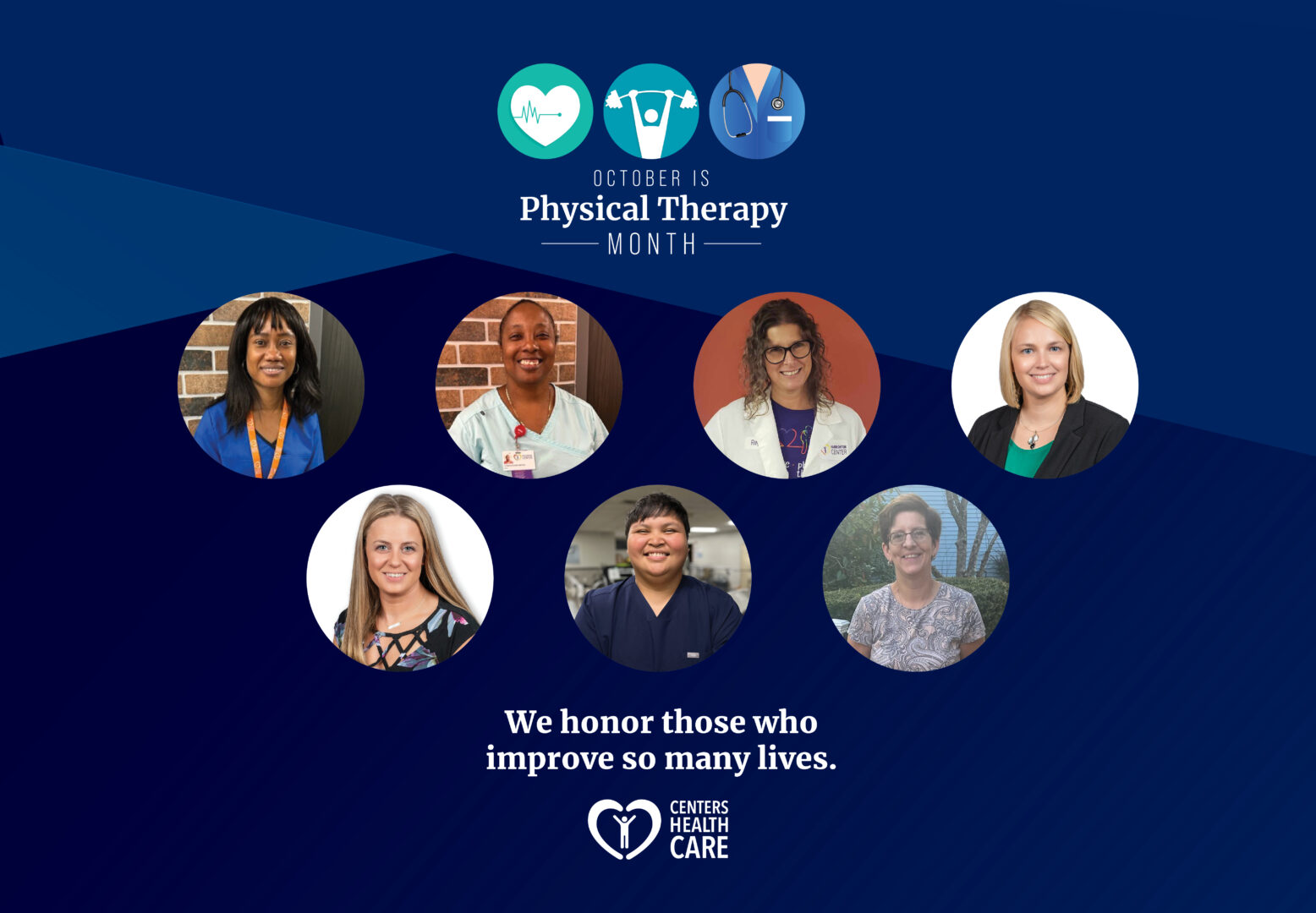New Aspirin Regimen Warnings

There’s new information out from the U.S. Preventive Services Task Force that says it may do more harm than good to be on an aspirin regimen if you’re over the age of 60 and have not had a previous heart attack or stroke.
For years, older adults have taken a low dose of aspirin daily to help keep blood from clotting and preventing a possible heart attack or stroke.
But new information from the task force shows that there may be just a small benefit for those who do not have large risk factors or haven’t previously had a heart attack or stroke. Centers Healthcare has more details on this report and who should talk to their doctor before continuing on the aspirin regimen.
Healthy Adults Age 60 or Older Are Recommended to Avoid
The task force cites risks from aspirin that thins the blood that could lead to bleeding in the stomach and brain, which can be life-threatening and contains a risk that increases with age.
As a result, the task force recommends against starting a low-dose aspirin regimen that’s primarily used to prevent cardiovascular disease (CVD).
If you haven’t had a CVD event but take a daily aspirin, you’re encouraged to talk to your doctor about it.
What About People Younger Than 60?
The task force says that people ages 40-59 who are not at increased risk for bleeding can have a small net benefit by taking an aspirin daily to prevent any heart or stroke issues. It should be noted that this pertains to people who have a 10% or greater risk of CVD over the next 10 years.
Who Should Remain on an Aspirin Regimen?
The task force recommends that people taking aspirin daily after having already had a heart attack or stroke should continue doing so until otherwise told by their doctor.


